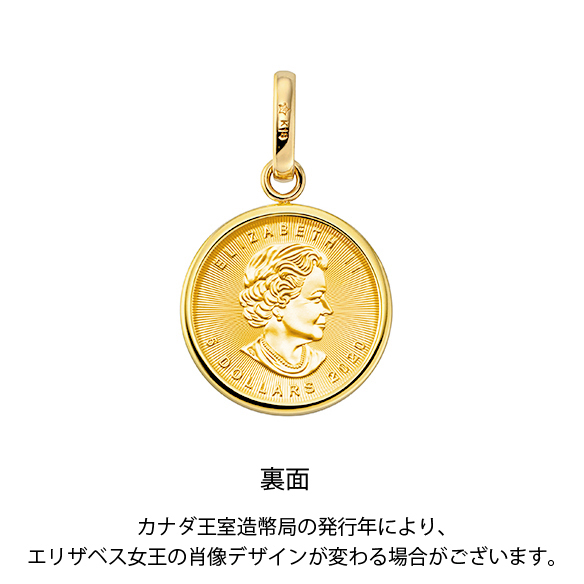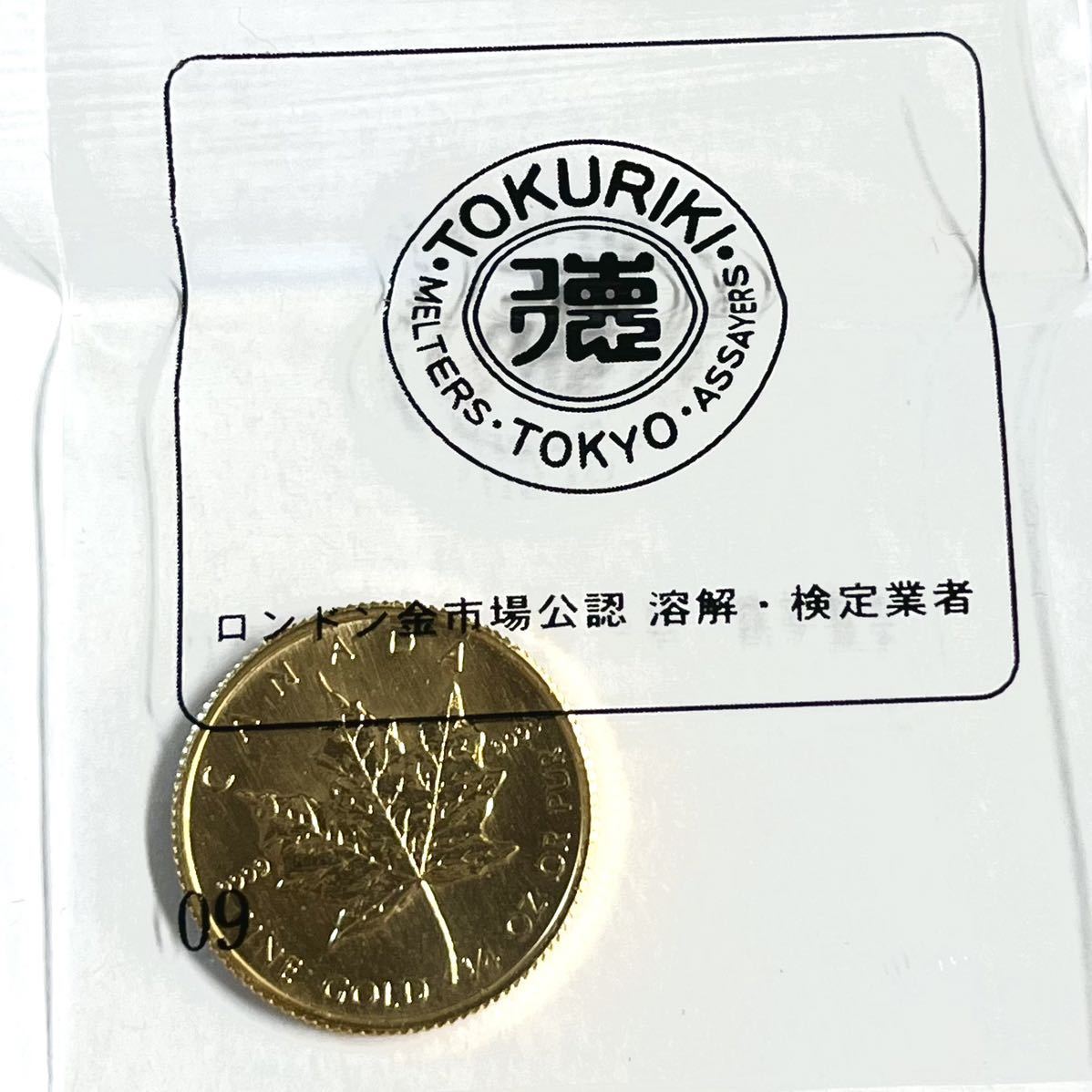メイプルリーフ 金貨 1986年 カナダ 1/10 oz
(税込) 送料込み
商品の説明
商品説明
自宅保管品です。22200円メイプルリーフ 金貨 1986年 カナダ 1/10 ozエンタメ/ホビー美術品/アンティークメイプルリーフ 金貨 1/10 oz 1986年 カナダ ランキング第1位 www人気の中古 メイプルリーフ 金貨 1986年 1/10 oz カナダ | www.ouni.org
ビッグ 金貨 メイプルリーフ 1986年 1/10 oz カナダ | barstoolvillage.com
人気の中古 メイプルリーフ 金貨 1986年 1/10 oz カナダ | www.ouni.org
メイプルリーフ 金貨 1/10 oz 1986年 カナダ ランキング第1位 www
人気の中古 メイプルリーフ 金貨 1986年 1/10 oz カナダ | www.ouni.org
メイプルリーフ 金貨 1986年 カナダ 1/10 oz - 美術品/アンティーク
メイプルリーフ金貨1 10oz
K24 カナダ メイプルリーフ金貨 5ドル 1/10oz 1986年-
在庫限り送料無料 メイプルリーフ 金貨 1/10 oz 1986年 カナダ | www
人気の中古 メイプルリーフ 金貨 1986年 1/10 oz カナダ | www.ouni.org
ビッグ 金貨 メイプルリーフ 1986年 1/10 oz カナダ | barstoolvillage.com
入荷済み メイプルリーフ金貨 1986年 1/10 oz | medicalzonemangohill
メイプルリーフ金貨1 10oz
金貨 メイプルリーフ 1/10 oz 1986年 カナダ - 美術品/アンティーク
エンタメ/ホビーメイプルリーフ 金貨 1/10 oz 1986年 - www
メイプルリーフ 金貨 1/10オンス 1986年 カナダ プルーフ硬貨-
金貨 メイプルリーフ 1/10 oz 1986年 カナダ | www.causus.be
再入荷分を購入 金貨 メイプルリーフ 1/10 oz 1986年 カナダ | artfive
枠トップK1833gメイプルリーフ金貨 1/10オンス 1986年 K18枠 トップ付
メイプルリーフ金貨1 10oz
K24 カナダ メイプルリーフ金貨 5ドル 1/10oz 1986年 - 旧貨幣/金貨
再入荷分を購入 金貨 メイプルリーフ 1/10 oz 1986年 カナダ | artfive
K24 カナダ メイプルリーフ金貨 5ドル 10oz 1986年
1986年 メイプルリーフ金貨 1/4オンス貨幣 - signo.ae
☆カナダ金貨☆ カナダ・メイプルリーフ金貨 1/10oz 1986年銘の+
④メイプルリーフ金貨 1/4オンス 1986年-
1993 カナダ メイプル金貨1/10オンス 新品未使用 - 野口コイン株式会社
金貨 メイプルリーフ 1/10 oz 1986年 カナダ | www.causus.be
楽天市場】美品 メイプルリーフ 1986年 7.8g メイプル金貨 エリザベス
メイプルリーフ 金貨 1/10 oz 1986年の+urbandrive.co.ke
K24 カナダ メイプルリーフ金貨 5ドル 10oz 1986年
カナダメイプルリーフ金貨 1/4オンス 1986年 【いわき平店】 | 買取
メイプルリーフ 金貨 1/10オンス 1986年 カナダ プルーフ硬貨-
◇◇メイプルリーフ金貨◇◇1986年 カナダ メイプルリーフ 1/4oz 10
カナダ・メイプルリーフ金貨買取 | 全国対応の大黒屋
カナダの金貨は売れる?メイプルリーフ金貨の基礎知識 | 金・貴金属の
1986 カナダ メイプル金貨1/10オンス 新品未使用 - 野口コイン株式会社
その他カナダ メイプルリーフ金貨 1/10オンス - mirabellor.com
メイプルリーフ金貨 1988年-
K24/K18 メープルリーフ金貨 ペンダントトップ 純金 金貨1/4オンス 18
商品の情報
メルカリ安心への取り組み
お金は事務局に支払われ、評価後に振り込まれます
出品者
スピード発送
この出品者は平均24時間以内に発送しています



















































